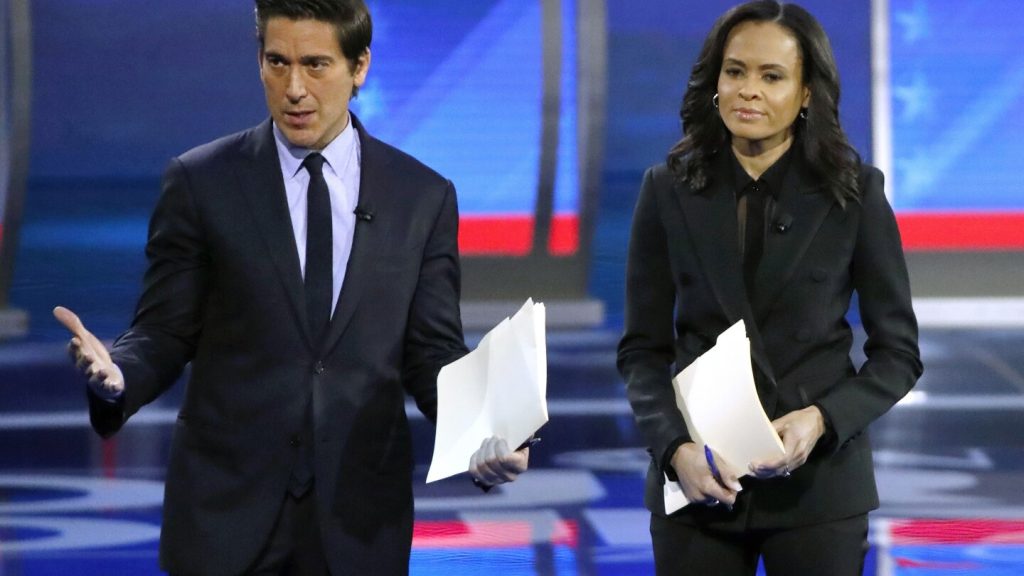The upcoming presidential debates between Joe Biden and Donald Trump have been organized by CNN and ABC News, bypassing the Commission on Presidential Debates. These debates are expected to be among the least-watched general election contests ever, as they were not organized through the traditional commission that aims to reach a wide audience. The first debate is scheduled for June 27 on CNN and the second on September 10 on ABC. There is also expected to be a debate between Vice President Kamala Harris and Trump’s running mate on CBS later this summer.
The 2020 debates between Biden and Trump were carried on at least 16 networks, with the first debate attracting 73.1 million viewers and the second 63 million. Normally, debates before a party’s nominating process are organized by individual media organizations, but those during general election campaigns are typically organized by the commission. Despite the opportunity for other networks to simulcast the debates, only PBS has confirmed, while others are yet to make a public commitment.
CNN had the option to keep the debate exclusively on their network, which could have potentially been the most-watched event on a network struggling in ratings. However, they decided to offer the debate for simulcast on other networks and streaming services, acknowledging the importance of reaching a wide audience. Keeping the debate on CNN alone would have faced criticism for not being public-spirited, which ABC sought to avoid. The political polarization in media could also impact viewership if the event was not shared among networks.
The proposed ground rules for the debates include holding them in television studios without an audience, a suggestion made by a group of experts a decade ago. This aims to eliminate distractions from a partisan audience and prevent interruptions and talking over each other. If the campaigns agree to rules where one candidate’s microphone would be shut off while the other answers, it could improve the quality of political discourse. Despite concerns about viewership, there is optimism about the potential benefits of these proposed ground rules for the debates.
Overall, the decision to organize the presidential debates between Biden and Trump through CNN and ABC News has raised questions about viewership and public service. Despite potential challenges in reaching a wide audience, there is hope that the proposed ground rules for the debates will lead to a more productive and civil discourse. The polarized media environment and the reluctance of some networks to commit to airing the debates highlight the complexities and challenges of organizing such crucial events for the public.


